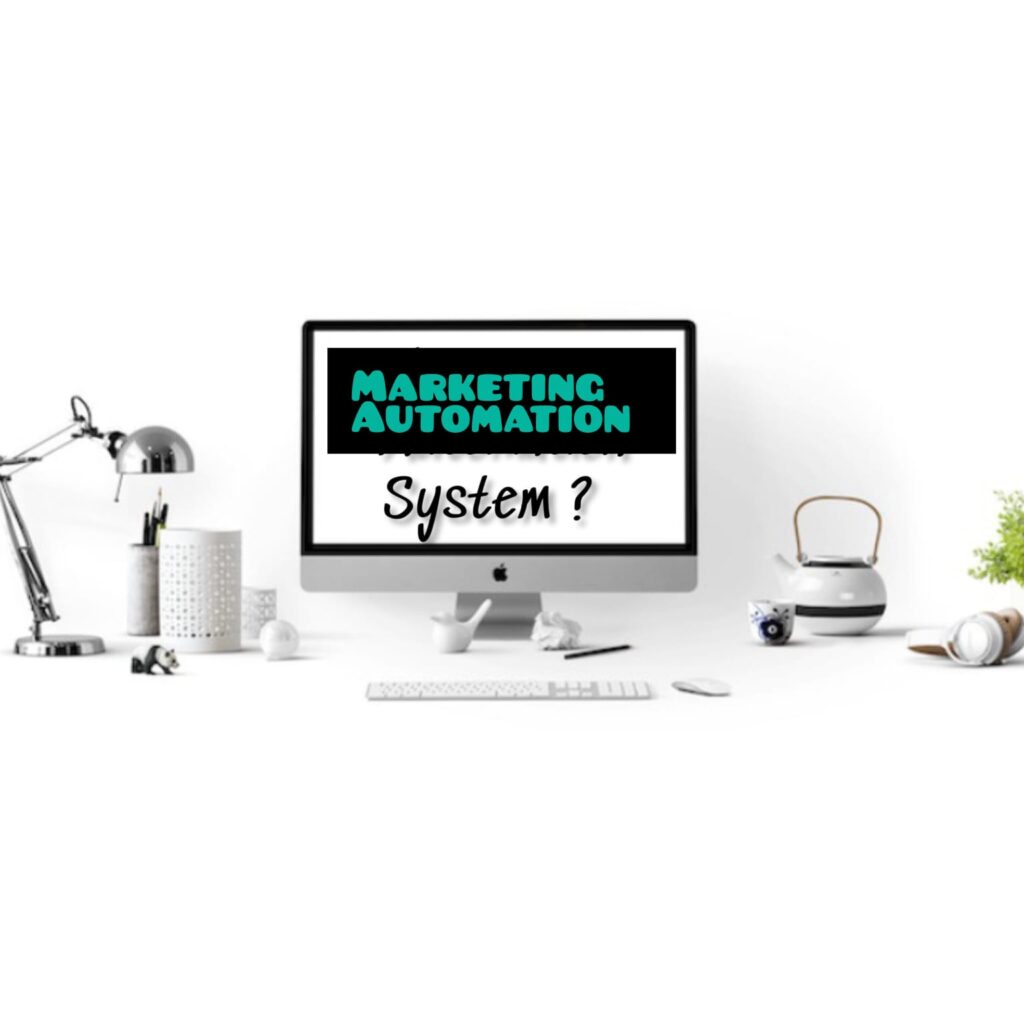Marketing automation refers to the use of software and technology to streamline and automate various marketing tasks and processes. Marketing automation is a software-driven marketing tool that switches routine marketing tasks without human action. The common marketing automation workflows include various types of strategies i.e. email marketing, behavioral targeting, lead prioritization, and personalized advertising. With the automation of digital tasks, business brands can use for their benefit teams can work better together by providing more personalized, relevant content to prospects and customers, and also save time. It allows businesses to target their audience, nurture leads, and manage marketing campaigns.

There are four Types of Automation Systems available in the digital market. Within the context of applications for automated processes, there are four key types of automation:
fixed automation, programmable automation, flexible automation, and integrated automation.
Some Key Aspects of Marketing Automation:
- Email Marketing: Marketing automation platforms often include email marketing features. They enable businesses to send personalized and automated email campaigns to subscribers and leads. These emails can be tailored based on user behavior and preferences.
- Lead Generation and Nurturing: Automation tools help capture and manage leads from various sources, such as websites, landing pages, and social media. They can then nurture these leads through automated email sequences, providing relevant content and information to move them closer to making a purchase.
- Customer Segmentation: Automation allows for the segmentation of a company’s audience based on various criteria, such as demographics, behavior, or engagement. This segmentation helps tailor marketing messages for different groups, making them more effective.
- Social Media Management: Some marketing automation platforms offer social media management capabilities, allowing businesses to schedule and automate posts across different social media platforms. This ensures a consistent online presence.
- Analytics and Reporting: Automation tools provide insights into campaign performance and user engagement. Marketers can analyze data to make informed decisions and optimize their strategies.
- Workflow Automation: Marketing automation enables the creation of automated workflows for various marketing processes. For example, when a lead performs a specific action on a website, such as downloading an eBook, an automated workflow can be triggered to send a follow-up email or assign the lead to a sales representative.
- Integration: These platforms often integrate with other marketing tools and customer relationship management (CRM) systems, allowing for a seamless flow of data and information between different departments.
Current Era Of Automation Marketing:
Marketing automation is the latest and new technology that manages marketing processes for any company. This allows users for multifunctional campaigns, across multiple channels, automatically. With use of the marketing automation, businesses can target their customers with automated messages across email, web, social, and text messages.
Overall, marketing automation helps businesses save time, increase efficiency, and deliver more personalized. The targeted marketing campaigns, ultimately lead to improved customer engagement and higher conversion rates. more information visit
Business automation is using technology to streamline repetitive processes and tasks. It allows companies to increase efficiency, improve service quality, and free up employees for more important tasks.
Marketing automation plays a significant role in the process of digital transformation for businesses and brands. It can be a powerful tool for streamlining and enhancing various marketing activities and earning money.
Automation System of any Marketing Strategy:
The automation of any marketing strategy helps businesses with lead generation, nurturing, and scoring, as well as with measuring overall ROI on campaigns. It allows businesses to save time and cost cost-saving effects of automation increase as an organization grows in size and complexity. The marketing automation systems are designed to scale alongside your business and help to grow your brands digitally.
Using automation technology to reach relevant audiences is a very important area that is sometimes overlooked by businesses. Utilizing emerging technologies such as Machine Learning technology for Similar audiences. This provides detailed demographics, Audiences on the Market, and Interesting audiences in your YouTube, Gmail, Search, and Shopping Ads campaigns. It will help you take an important step towards digitization and grow your audience automatically. Most businesses consider marketing automation to be a powerful tool and can be a middle-of-the-funnel tool. it is ideal for nurturing leads through automated email sequences.
In summary, marketing automation has become an important marketing tool because it enhances efficiency, personalization, and data-driven decision-making for business. It also saves time and resources for businesses to manage awareness campaigns. It plays a very crucial role in today’s marketing landscape by helping businesses to their builds and also maintain strong customer relationships and drive growth.
I hope you have liked the information given in this blog.
Please do comment and share the blog with the maximum number of people.
